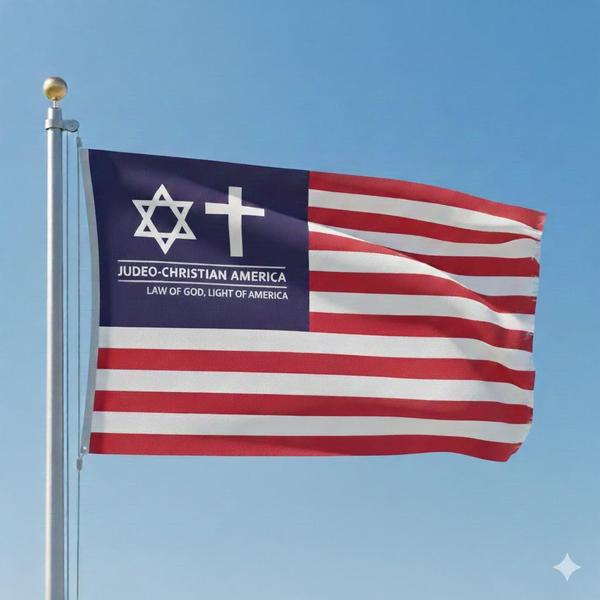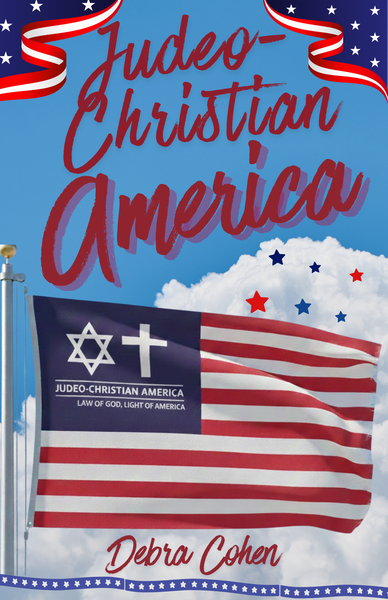JUDEO-CHRISTIAN AMERICA
JOIN THE MOVEMENT FOR AMERICAN JEWS & CHRISTIANS TO WORK TOGETHER TO RESTORE TRADITIONAL MORAL VALUES
REGARDLESS OF DENOMINATION OR SECT, AMERICANS NEED TO JOIN TOGETHER TO MAKE OUR NATION A BETTER PLACE. NEW BOOK COMING SOON! LEARN HOW YOU CAN BE A PART OF THIS MOVEMENT!


